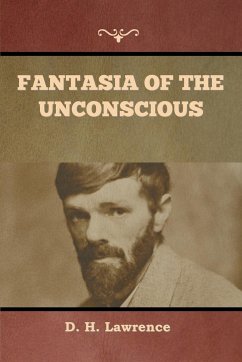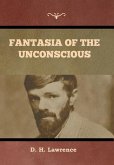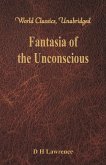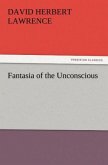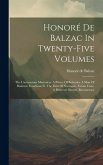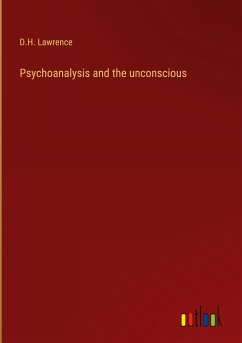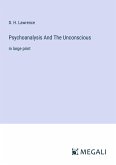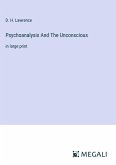'Fantasia of the Unconscious' is Lawrence's profound reflection on the nature of our consciousness and our unconsciousness. He delivers a convincing, accurate, and somewhat controversial argument about how the world works, and how one should raise a child. Despite being written in 1922, this essay is increasingly relevant in today's social climate and is unmissable for fans of Anton Chekhov's psychological fiction looking to delve into the more theoretical side of the subject.
Hinweis: Dieser Artikel kann nur an eine deutsche Lieferadresse ausgeliefert werden.
Hinweis: Dieser Artikel kann nur an eine deutsche Lieferadresse ausgeliefert werden.

